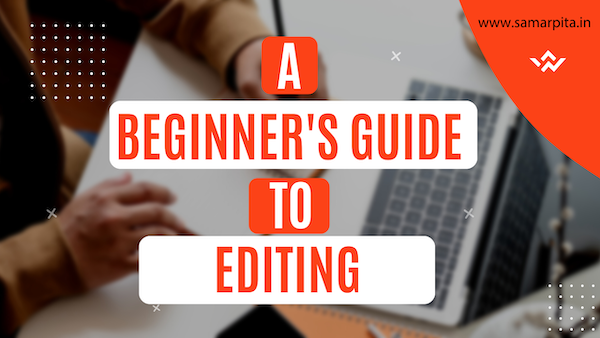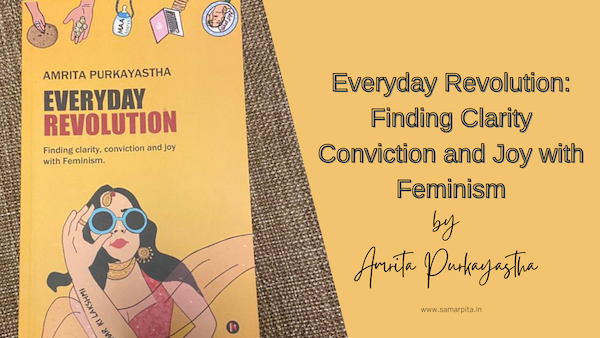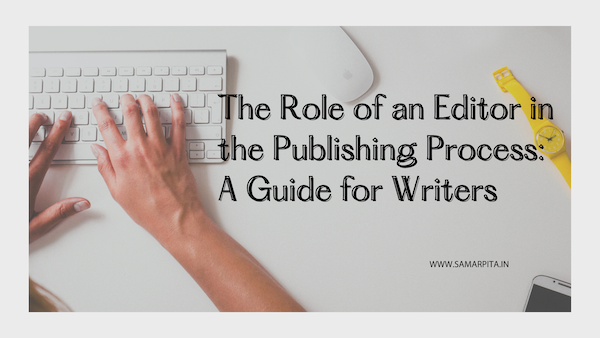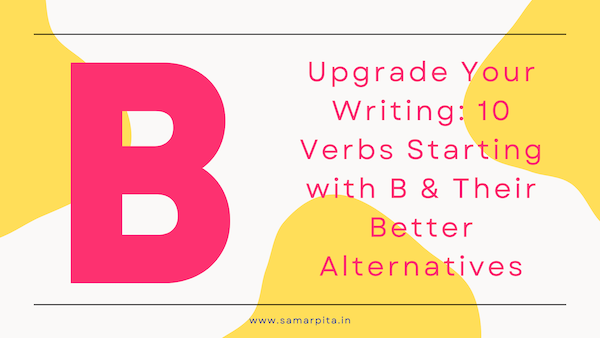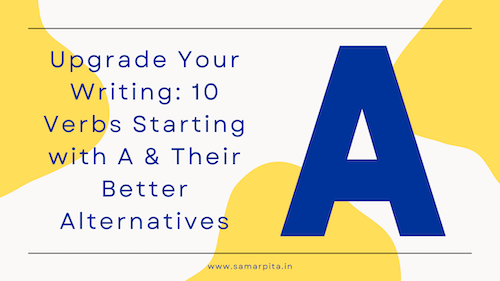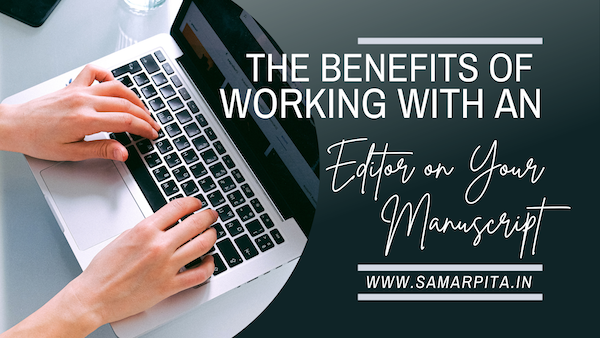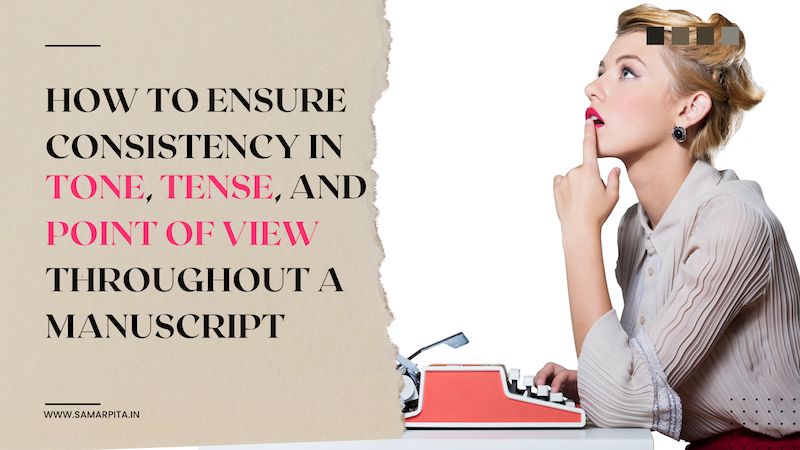Editing is a crucial step in the writing process that helps to ensure that your writing is clear, concise, and error-free. It involves reviewing your work for grammar, punctuation, spelling, and syntax errors, as well as evaluating the overall structure and organization of your writing. Whether you are a student, a professional writer, or simply someone who enjoys writing as a hobby, understanding the basics of editing can help you to improve the quality of your writing and make it more effective.
Also Read: 5 Ways To Land Clients When Starting As A Freelance Writer
Here is a beginner’s guide to editing that will help you get started:
- Take a break: Before you start editing your writing, it’s essential to take a break. This will give you some distance from your work, allowing you to approach it with fresh eyes. It’s a good idea to take a break of at least a few hours or even a day or two, depending on how long you’ve been working on your writing.
- Read your work aloud: Reading your writing aloud is an excellent way to catch errors and improve the flow of your writing. When you read aloud, you’ll be able to hear any awkward phrasing or mistakes that you might not notice when reading silently. You’ll also be able to get a sense of the rhythm and pacing of your writing.
Also Read: A to Z of Writing and Editing – #BlogchatterA2Z 2023 - Review the structure and organization: Once you’ve reviewed the language, it’s important to take a look at the structure and organization of your writing. Are your ideas clearly presented in a logical order? Do your paragraphs flow smoothly from one to the next? Make sure that your writing is easy to follow and that your ideas are presented in a coherent and organized manner.
- Check for grammar and spelling errors: After reviewing the structure and organization, it’s time to check for grammar and spelling errors. Look for common mistakes such as subject-verb agreement, punctuation errors, and misspelled words. Consider using a spell-checker, but be aware that it may not catch all errors, and you should always review your work manually.
Also Read: Ensure Consistency in Tone, Tense, and Point of View In a Manuscript - Check for consistency: In addition to grammar and spelling errors, it’s important to check for consistency in your writing. Are you using the same tense throughout your writing? Are you using consistent formatting, such as font size and spacing? Consistency is essential for creating a polished and professional piece of writing.
- Get feedback: Finally, it’s a good idea to get feedback from others. Ask someone you trust to read your writing and provide constructive criticism. Consider joining a writing group or hiring an editor to provide feedback on your work. Feedback can be invaluable in helping you to identify areas for improvement and to refine your writing skills.
Also Read: The Benefits of Working with an Editor on Your Manuscript
In conclusion, editing is an essential part of the writing process. By taking the time to review your work for grammar, spelling, and organization, you can improve the quality of your writing and make it more effective. Remember to take a break before editing, read your work aloud, review the structure and organization. Also, check for grammar and spelling errors, ensure consistency, and get feedback from others. By following these simple steps, you can become a more effective editor and improve your writing skills over time.
This post is a part of #BlogchatterA2Z 2023
***
If you are looking for an excellent manuscript editor, someone to create content for your business, or an expert to help build your personal or professional brand on social media, then look no further and connect with me at editor@samarpita.in I can be followed on instagram at @samarpita and on twitter at @samarpitadotin.
***********
Read my ebook WRITE. EDIT. PROMOTE. to learn the basics about becoming an author – from writing your own book, to editing your first draft, and to promoting your book yourself! You can also read my ebook How To Write A Story Effectively and learn some valuable lessons about how a story can go from average to extraordinary. This book is part 1 of the series.
In fiction, I have two short stories for children in an ebook called Bedtime Stories.

